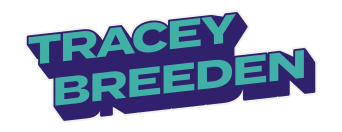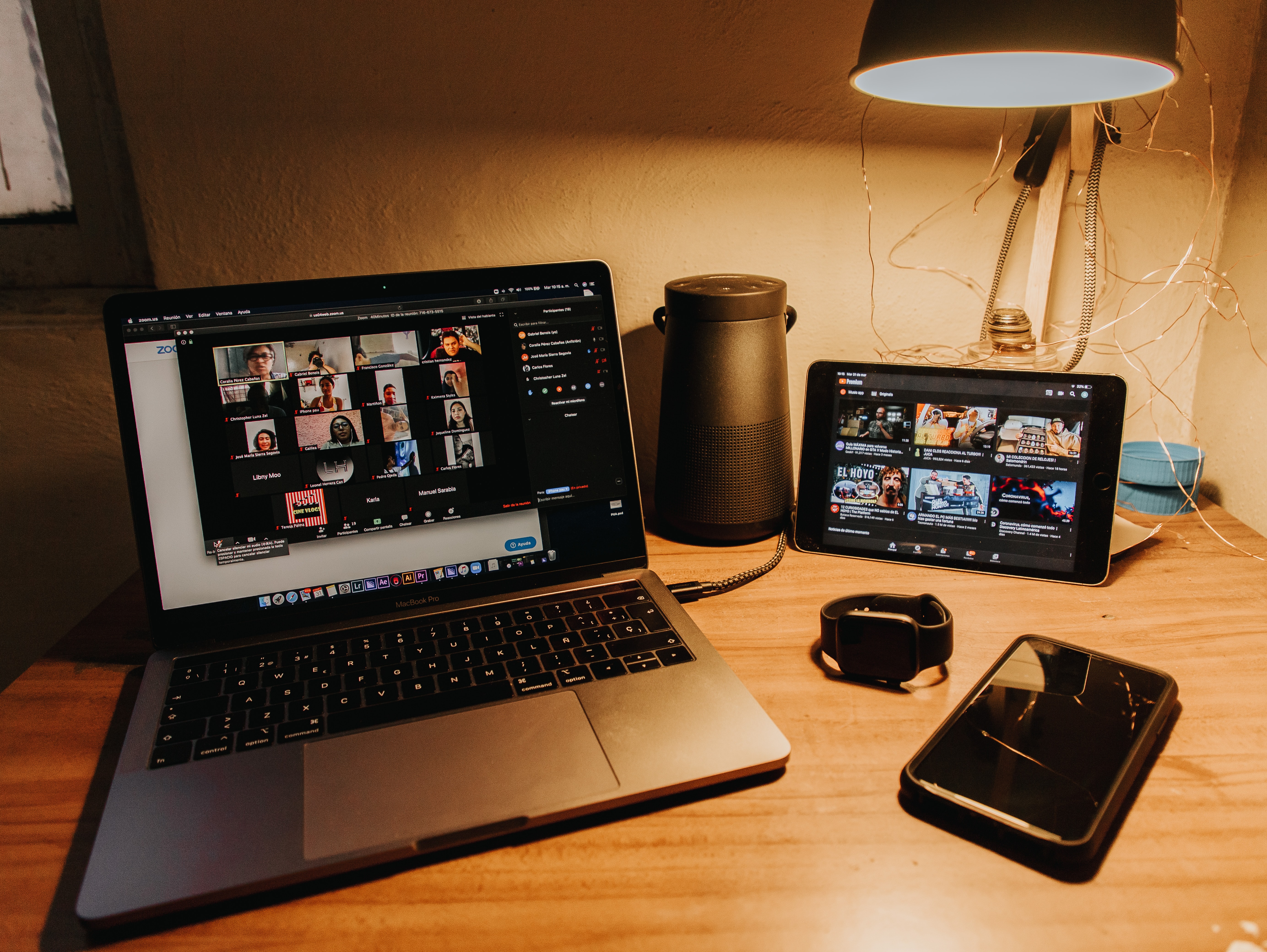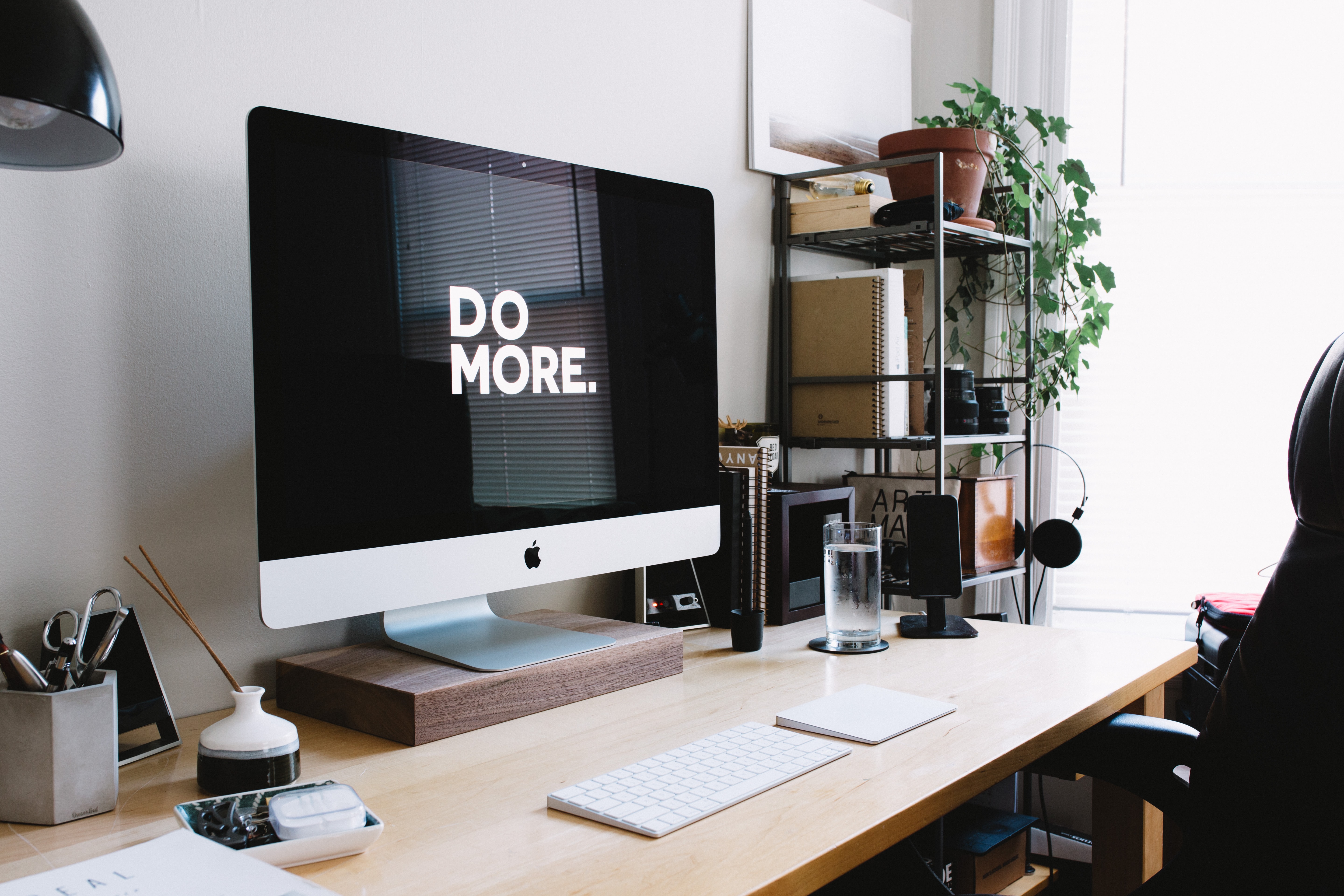Upleveling Safety and Inclusion in Online Dating
Creating safer spaces for people looking for connection
Safe to Love?
More than half of single people in the United States have used online dating and yet half of women and 34% of men feel that online dating is not safe.[1] Other marginalized groups share these concerns as well, with research noting that LGBTQ+ individuals feel the least safe while online dating and are most likely to have experienced harm.[2]
These safety concerns have spurred legislative pressure in recent years with Congress mandating that dating apps conduct registered sex offender checks and even calls in some jurisdictions for dating apps to conduct background checks on all users. Users, media, and regulators have highlighted safety concerns ranging from digital issues such as harassment on the platform to in real life risks when individuals meet in person.
 A Need for a Holistic Approach
A Need for a Holistic Approach
As Head of Safety & Social Advocacy at Match Group, a global portfolio of online dating apps, Tracey Breeden and her team worked with cross-functional stakeholders to tackle safety – both online and in real life. Increasingly, at the time when use of dating apps was at an all-time high, there were several common criticisms of the online dating industry: 1) dating apps didn’t do enough to protect people from and remove serious bad actors and 2) they were not built for or inclusive of marginalized groups, particularly the Black and trans community.
Media reports noted that people who reported serious incidents were not told what action the dating app took regarding the person they reported. This left users feeling further victimized even though dating apps almost always removed people reported for violent behavior.
Those same reporting flows and online interfaces were also weaponized against marginalized communities. Trans members reported regularly being banned for false reports and many were harassed regularly by intolerant or ignorant people on the apps.
Even though Match Group was the largest player in the online dating space with more safety features than any other dating app, it needed outside partners to inform a holistic approach. It was critical to partner with experts in order to better tell the company’s safety story and address specific user pain points with features and initiatives to demonstrate that the company cared for and had users’ backs. We worked closely with these experts to better support users.
Having Users’ Backs
We began by addressing the concerns with user reporting and responding to reports of serious harm. We collaborated with RAINN to conduct a comprehensive review of sexual misconduct reporting, review, and response protocols. Over several months RAINN worked with employees across product, customer care, and safety to review and advise on policies and procedures.
Next, we tackled user and regulatory concerns by partnering with the nonprofit Garbo to provide the first consumer background check program in the dating industry. The partnership allowed dating app users to easily access public information about violent or harmful behavior by running a background check on their matches. Background checks are not a silver bullet for safety and we knew that they often had a disproportionate impact on marginalized communities. That was why we worked with Garbo to partner with experts and advocates to only return search results relevant to the user’s safety and exclude offenses like drug possession, loitering, and vagrancy that typically discriminated against marginalized communities.
We also built strong ties with nearly 30 nonprofit organizations and governments around the world to promote online safety. This included partnerships with gender-based violence, LGBTQ+, child safety, crisis and trauma support, and digital/romance scam experts to help inform product, policy and initiatives. It also included advising governments and regulators such as the Biden Task Force to Address Online Harassment and Abuse, the Australian eSafety Commissioner on their Safety by Design program, and Ofcom and the European Commission on the UK Online Safety Bill and the EU’s Digital Services Act.
We also sought to uplevel the knowledge of the safety teams across the Match Group portfolio of dating apps by hosting a first-ever Safety Summit for apps to learn and share safety knowledge and best practices across the portfolio. We brought in experts with diverse backgrounds from the Black, trans, and LGBTQ+ community to share their lived experiences and challenges on dating apps. They shared guidance on restorative justice, LGBTQIA+ inclusion, and safety.
 A Better Experience for Everyone
A Better Experience for Everyone
The partnership with RAINN resulted in three key initiatives that Match Group took on. First, RAINN provided expert-created training to specialized teams handling the most serious reports, improving teams’ understanding of the issues and confidence in applying policies. Second, teams began following up with reporters of serious harm to let them know the offender had been removed from the platform. This improved the user experience and satisfaction and helped interrupt the negative media cycle. Finally, the review informed a more survivor-centered user reporting flow that was later expanded across the portfolio.
The partnership with Garbo also helped shift the narrative around safety and give users a valuable safety resource. It added a powerful and innovative tool to Match Group’s growing list of safety features and made safety accessible by providing 2 free searches to users. It was positively received by users, the media, and regulators and demonstrated that the company would roll out safety features in a way that was thoughtful and inclusive of marginalized communities. The collaborations with nonprofits and regulators also enabled us to highlight the importance of weaving inclusivity into regulations and safety frameworks. It also raised the bar of what safety looks like in online platforms helping establish Garbo as a new standard in the industry.
Following the Safety Summit, Match Group’s apps took the insights gathered and wove them into their safety roadmaps. The experiences shared from the diverse experts were used as apps continued to hone in on key safety problem areas, such as reporting and response and online harassment and abuse. There is always more work to be done, but the results showed that building for the most marginalized creates a more inclusive platform for everyone.

 A Need for a Holistic Approach
A Need for a Holistic Approach A Better Experience for Everyone
A Better Experience for Everyone